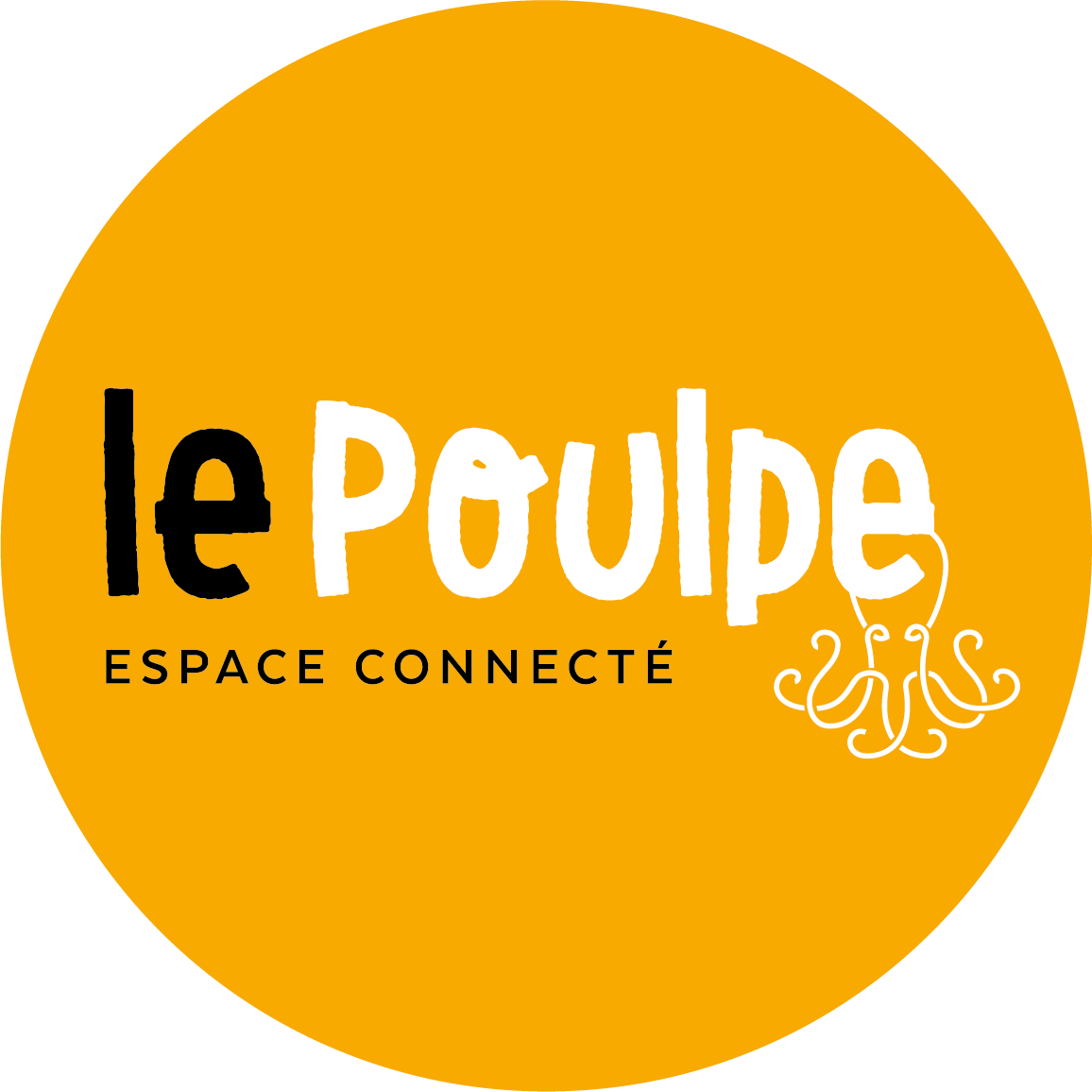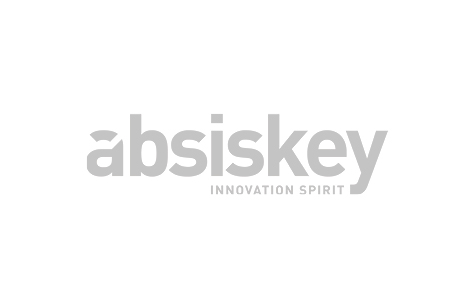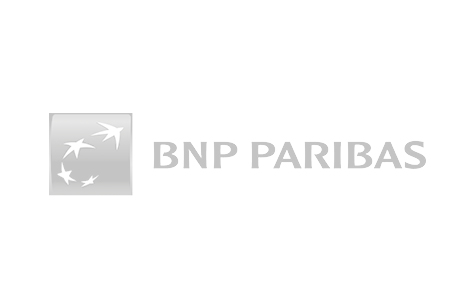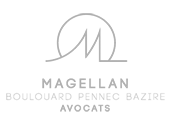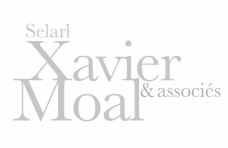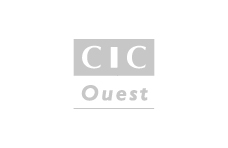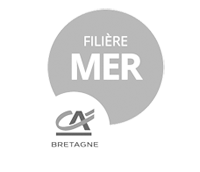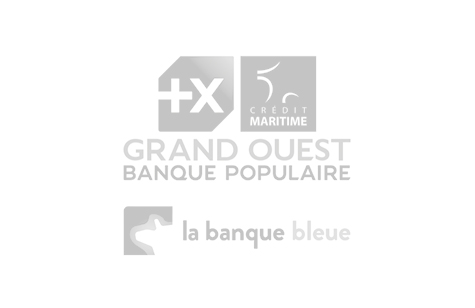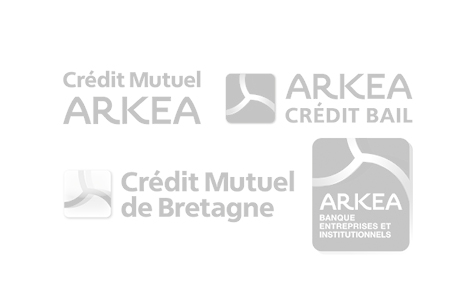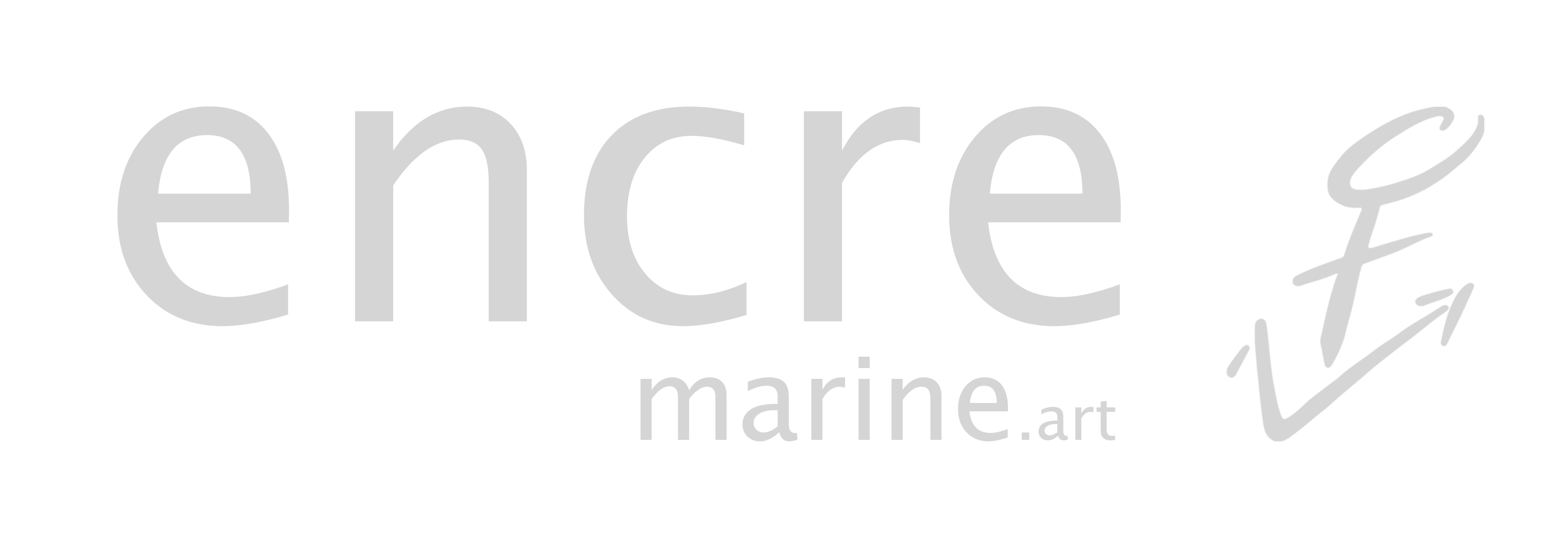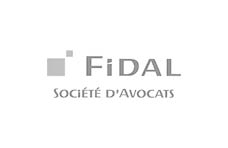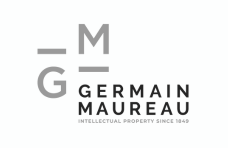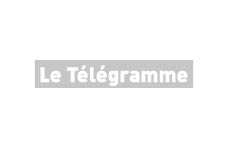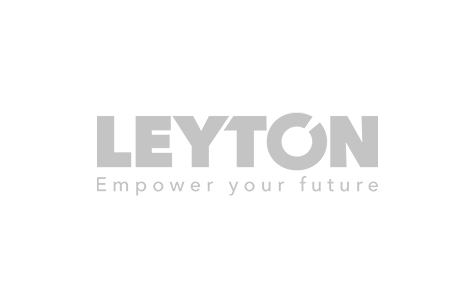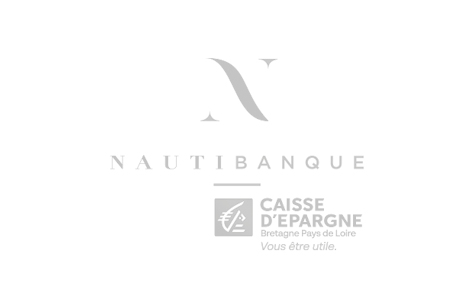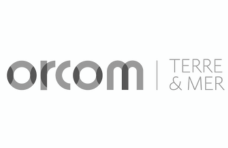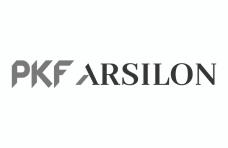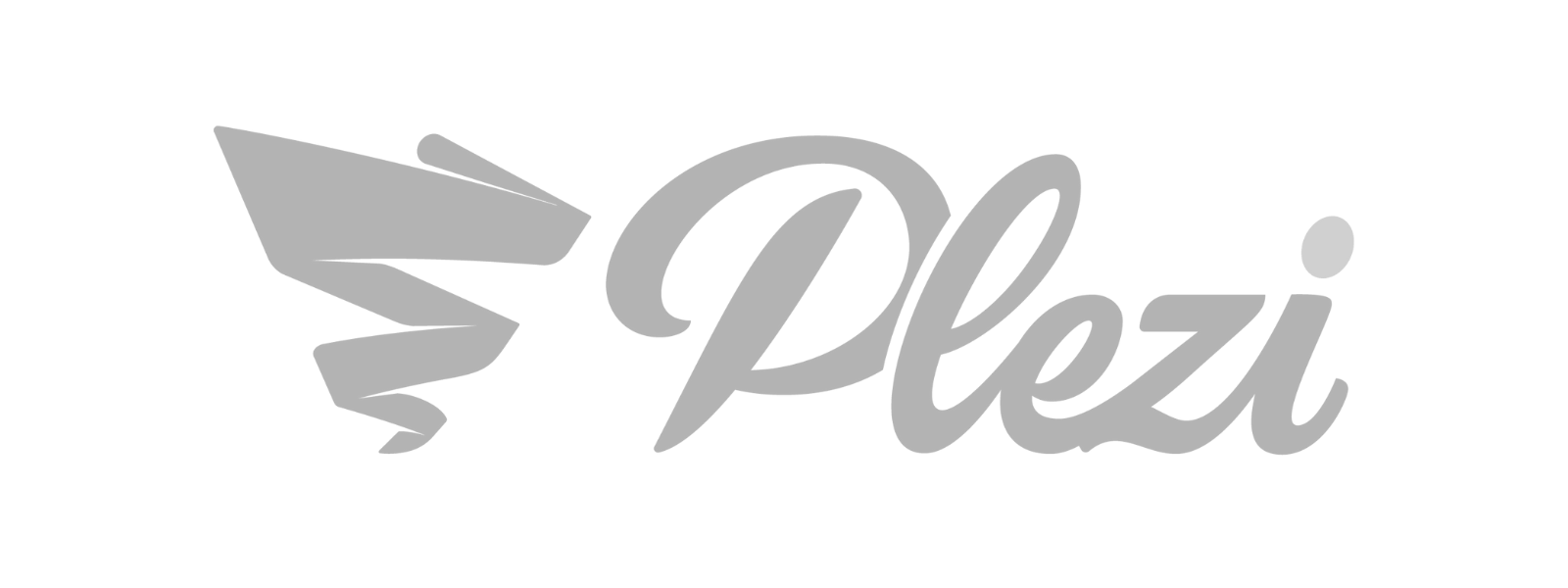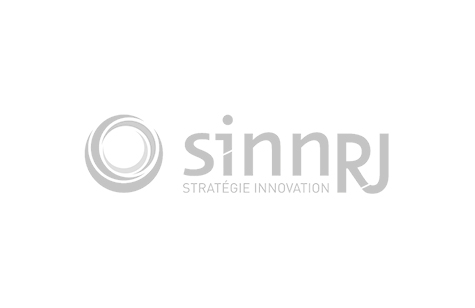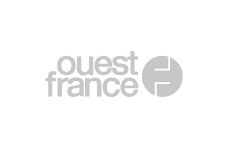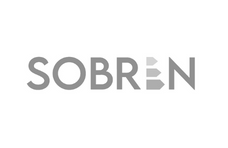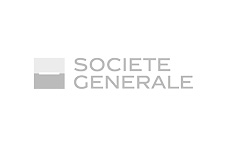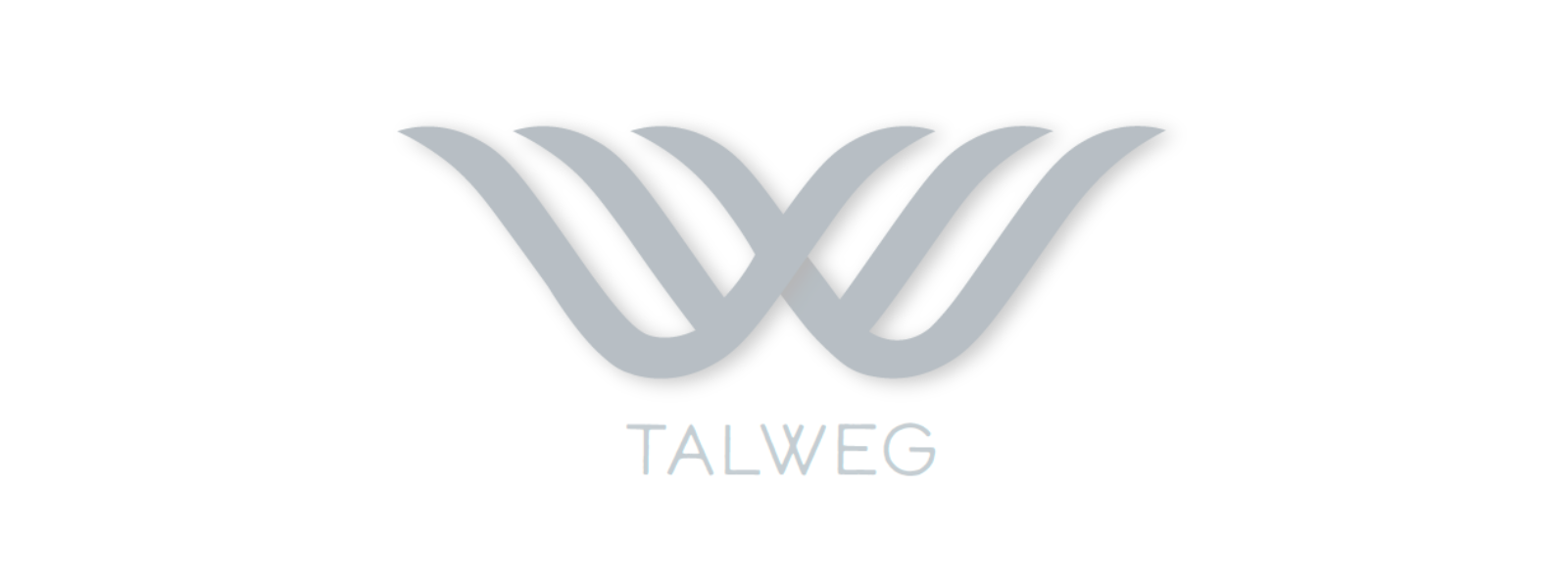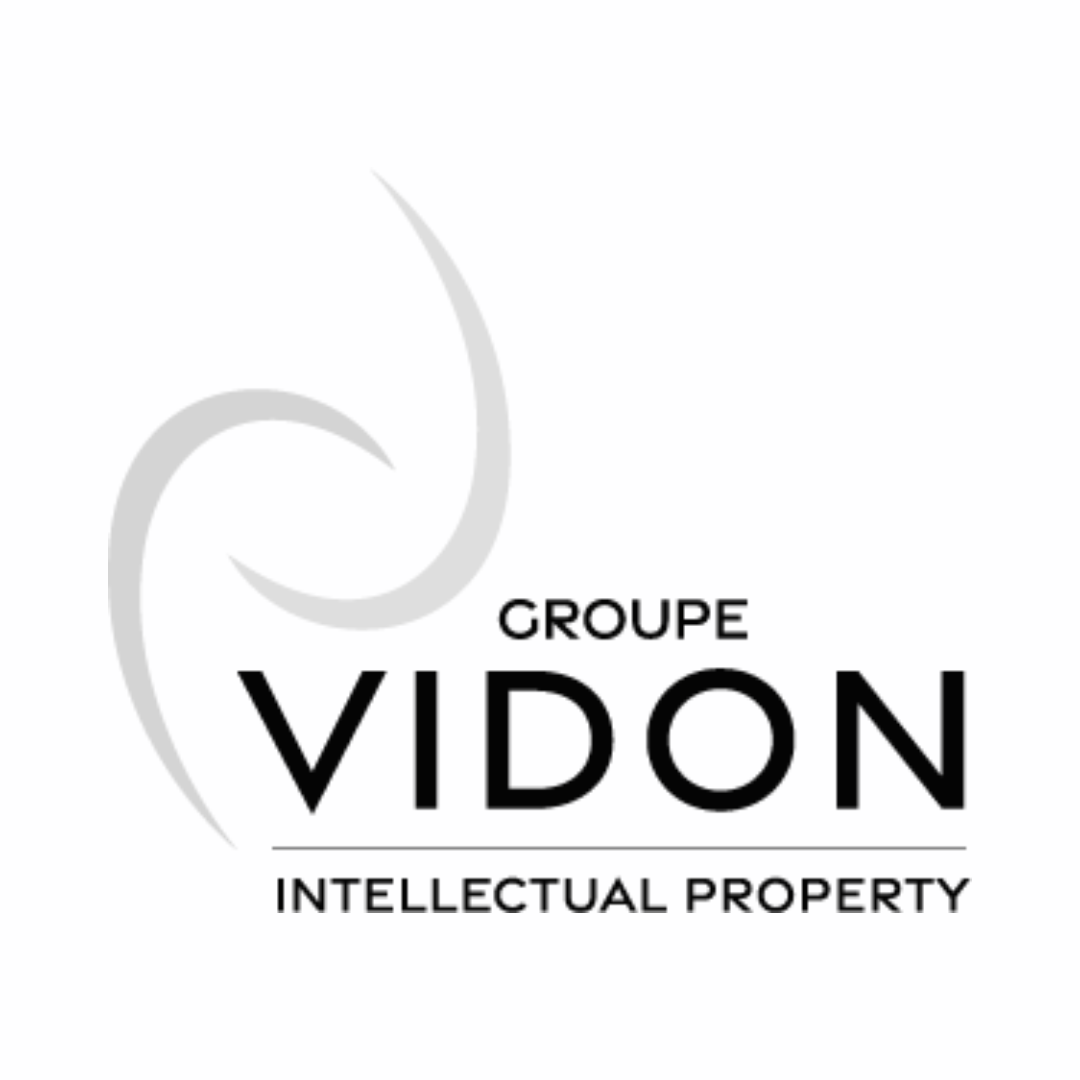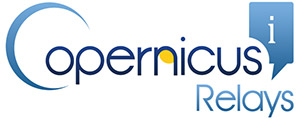Why should institutions seek to have their courses recognised by the Mer Bretagne Atlantique cluster?
Firstly, it’s about added value – optional or required – to secure accreditation from a supervisory body. The "Pôle Mer Bretagne Atlantique" label is widely recognised today. Seeking formal recognition of a project from the board of management of the Mer Bretagne Atlantique cluster provides access to the views of external players from industry and research, who have considerable maritime expertise across the board. The opportunity to exchange with cluster administrators is also a first step in directly promoting a training course.
Recognised training subsequently benefits from wide-ranging exposure:
• Newsletter 360°, regular publication of the latest news from the Mer Bretagne Atlantique cluster,
• Mer Bretagne Atlantique website (link below),
• Logbook of recognised projects,
• Cluster activity report.
And in addition:
• Before an audience during a plenary meeting on the subject covered,
• Via information submitted to GREF Bretagne for inclusion in its handbook.
It is in the interests of the whole of maritime cluster’s membership that this “initiation” should provide a formal process for maintaining an up-to-date inventory of marine-related training offered in the region and increasing the legitimacy of the cluster’s stated maritime ambition. There is therefore no barrier to post hoc recognition for providers seeking to enhance the status of already existing courses and training.
Agrocampus Ouest Maritime Courses
Place: Rennes - Agrocampus Ouest fisheries centre
Level: Masters and Engineering diploma
Officially recognised: 22/02/2013
Description:
Four marine-related courses are offered at this institution.
Three of these share the teaching on a segment of the curriculum devoted to management-level training in the fishing and aquaculture sector:
- Agronomist training, specialising in fisheries
- Agrocampus Masters, specialising in “Environmental engineering – fisheries and fish farming” aimed at foreign students and continuing professional development
- Marine Biological Sciences Masters, jointly accredited by UBO/Agrocampus and specialising in “Ecosystem approach to fisheries” (M1 in Brest, M2 in Rennes).
Depending on their dominant focus, these courses open the door to research, inter-professional organisations, industry and commerce relating to developing fisheries as well as the fish farming sector.
The fourth option is applied training in Marine and Littoral Sciences: the Masters course jointly accredited by UBO/Agrocampus Ouest and entitled “Applied Economics: agriculture, sea and environment” (E2AME). This course trains future staff within organisations involved in sustainable development public policy or research (INRA, CIRAD, IFREMER, FAO, OCDE, etc.).
Course contact: didier.gascuel@agrocampus-ouest.fr
Masters in Marine IT Systems and Applications
Place: University of Bretagne Occidentale, Brest
Level: Bac + 5 (postgraduate Masters)
Officially recognised: 23/11/2012
Description:
This 2-year Masters course provides training for generalist IT engineers entering professions requiring the use of tools and software methods designed for complex systems and deployed in the marine sector in particular. This Masters course focuses on marine applications such as modelling marine biological systems, information technology embedded on yachts, Geographical Information Systems relating to mapping, monitoring shipping, etc. The aim is to meet the skills and qualifications expectations of the maritime economy. An initial session with 17 students enrolled was launched at the start of the 2012-13 academic year.
Course contact: Jean-Philippe Babau, jean-philippe.babau@univ-brest.fr
More information
"Aquaval" vocational diploma
Place : Lycée d’enseignement général et technique de Bréhoulou
Level: Bac + 2 (2-year diploma)
Officially recognised: 14/09/2012
Description:
The “Aquaval” course led by the University of Bretagne Occidentale covers the economic and commercial development of aquaculture products. Aimed specifically at offering relevant skills in managing environmental impact, this course complements training in aquaculture product development. Its dual remit is therefore to train suitably qualified individuals entering both the aquaculture production and biotechnology fields.
Course contacts: Patrick Le Chevalier - IUT, Quimper; patrick.lechevalier@univ-brest.fr;
Yves Louis - Lycée Public d'Enseignement Général et Technologique Agricole et Aquacole de Bréhoulou; yves.louis@educagri.fr .
"Aquacaen" Masters
Place: University of Caen Basse-Normandie
Level: Bac + 5 (postgraduate Masters)
Officially recognised: 29/06/2012
Description:
The “Aquacaen” Masters course, led by the Institut de Biologie Fondamentale et Appliquée (IBFA) at the University of Caen Basse-Normandie, deals with exploiting living coastal resources. The qualification comprises a vocational and a research dimension and is open to continuing professional development students with recognition of prior professional experience.
Course contact: Jean-Marc LEBEL; jean-marc.lebel@unicaen.fr
More information
Regional Innovation Platform
Place: Lycée Professionnel de Guérande
Level: Vocational Bac/Brevet de Technicien Supérieur (Higher National Diploma)
Date supported: 27/04/2012
Description:
The Regional Innovation Platform led by the Lycée professionnel de Guérande is aimed at driving forward the microalgae industry by pooling skills in the region as part of a single project. The project will provide a vehicle for the Lycée Professionnel de Guérande and its partners to establish one of the few teams in France working on the entire microalgae production chain, on species already being exploited and on endogenous organisms in littoral salt marshes.
Course contact: Patrick HERVE; padrig.herve@free.fr
Maritime Engineering Masters
Place: ENSTA Bretagne, Brest
Level: Bac + 5 (postgraduate Masters)
Officially recognised: 02/09/2011
Description:
The Masters in Maritime Engineering is aimed at training students to deal with maritime-related economic and environmental issues.
Course contact: Jean-Marc LAURENS; jean-marc.laurens@ensta-bretagne.fr
More information
Advanced Diploma in Process and Bioprocess Engineering
Place: Département de l’Ecole Polytechnique of the University of Nantes
Level: Bac + 5, Selective HE Engineering College postgraduate diploma (Grande Ecole d'Ingénieur), CTI accredited
Officially recognised: 08/07/2011
Description:
A course tailored to environment and agribusiness-related bioprocesses. The Process and Bioprocess Engineering course relies on teaching teams drawn from researchers from recognised labs (UMR CNRS, INRA, IFREMER) and on a network of professionals who contribute to the teaching and offer students placements in their companies. The curriculum is developed over three years from L3 level (Bac + 3/undergraduate degree) to M2 level (Bac + 5/postgraduate Masters). The final diploma is a Masters incorporating 2 specialist subject areas (Process Engineering Environment and Agribusiness (GPEA) and Bioprocesses and Marine Biotechnology (BMB)) with the option of pursuing a PhD. The Masters diplomas are designed to incorporate a managerial or engineering dimension into different industrial sectors: heavy or fine chemical industries, environment/water treatment, agribusiness, biotechnology/bio-industry, etc.
Course contact: Pascal JAOUEN, direction.gpb@polytech.univ-nantes.fr
More information
MEDEA
Place: Europôle Mer, Brest
Level: Bac + 5 (postgraduate Masters)
Date supported: 18/03/2011
Contact: Séverine Thomas
More information
BSc in Port and Littoral Activities
Place: Ecole des Métiers de l’Environnement, Saint-Malo
Level: Bac + 3 (undergraduate degree)
Officially recognised: 18/02/2011
Description:
The course is aimed at providing overall technical competence in managing projects to enhance the environment. Project-management skills: environmental management of ports and coastal risk management.
Managing in accordance with standards/norms: ISO 14001/Environment, EN 16001/Energy, OHSAS 18001/Security, clean coastal initiatives (clean ports, blue flag, etc.)
- Sustainable development: environment, economy, social responsibility (ISO 26000)
- Environmental techniques: exploiting and recycling waste, water quality and management, cartography
- Business knowledge: Communication, employment law, business strategy
- Environmental law
Course contact: Marie-Dominique de Cayeux
More information
KARTA Project
Place: Lycée Jules Verne, Guingamp
Date supported: 17/09/2010
Energy and Environment
Place: ISEN, Brest
Level: Bac + 4 (postgraduate diploma)
Date supported: 30/04/2010
Masters specialising in Marine Renewable Energies
Place: ENSTA Bretagne, Brest
Level: Bac + 6 (specialist postgraduate Masters)
Officially recognised: 18/12/2009
Description:
Training for those in charge of projects and programmes to enable them to devise and develop the marine renewable energy industry. There is an obvious need to diversify sources of energy supply and to develop renewable energy in particular. Alongside solar, wind, biomass and other such sources, marine renewables represent real potential particularly in Brittany.
Course contact: Jean-Yves Pradillon; jean-yves.pradillon@ensta-bretagne.fr
More information
Anticorrosion certification in the maritime sector
Place: Institut de la Corrosion – Ifremer, Brest
Officially recognised: 27/06/2008
Description:
The Institut de la Corrosion provides training in the theory and practice of Cathodic Protection (CP) of metal installations exposed to sea water.
The training responds to the specifications set out in benchmark European norms and comprises exam preparation for levels 1 and 2 of the “AFNOR Competence/Cathodic Protection – Marine sector” certification. The teaching comprises a core element (general knowledge of corrosion and CP), specifically marine-oriented study and practical training at the Ifremer exam centre covering several levels:
Introduction: Basic concepts and preparation for certification
Level 1S: Routine, simple CP measures for industrial divers
Level 1: Standard CP measures
Level 2: Study, design and production of CP installations and verifying their effectiveness
Level 3: CP expertise
Course contact: Dominique Festy
More information at Institut de la Corrosion and Protection Cathodique
AFPI Bretagne Maritime Industrial Technology Training Centre
Place: AFPI Bretagne, Brest
Date supported: 27/06/2008
Vocational diploma in Instrumentation for Oil and Gas Exploration and Exploitation
Place: IUT, Lannion
Level: Bac + 3 (undergraduate degree)
Officially recognised: 23/11/2007
Description:
This course responds to the growing need to recruit managerial level II staff as identified in the international plan by the oil and gas industry and its supply services. The future graduates will assist geologists in prospecting and locating areas most likely to contain hydrocarbon reserves and in evaluating the subsurface layers. They are responsible for preparing drilling (engineering), ensuring the correct standard of equipment and managing that equipment and the products involved. They define the safety measures designed to protect individuals, installations and the environment, and ensure these are applied.
Course contact: Françoise Le Guen
More information
Vocational diploma in Ship and Port Maintenance
Place: IUT, Brest
Level: Bac + 3 (undergraduate degree)
Officially recognised: 23/11/2007
Description:
The 12-month vocational diploma is undertaken as part of a combined work/study programme. The qualification relies on close partnerships between Brest IUT, the Lycée de la Croix Rouge, companies and industry bodies for teaching, leading projects and in-company placements.
The vocational diploma is taken in response to a clearly identified training programme and is aimed at:
- Training company employees capable of mastering maintenance operations relating to harbour and airport equipment and ship repair
- Conveying and developing the company ethos
- Consolidating professional skills, promoting autonomy and a sense of responsibility in a year-long work experience placement.
Course contact: Ronan Cozien
Vocational diploma in Embedded Marine Electronic Systems
Place: University of Bretagne Occidentale (UFR Sciences et Techniques) and Brest IUT, Lycée La Croix-Rouge
Level: Bac + 3 (undergraduate degree)
Officially recognised: 23/11/2007
Description:
The vocational diploma relies on close partnerships between university, companies and industry bodies. There has been a noticeable lack of young graduates in the field of marine electronics for embedded systems incorporating the specifics of the marine environment. The way electronics are evolving in the marine environment means those working in this area are required to have increasingly advanced skills relating to electronics and micro-computing combined with measuring and testing, norms and the marine environment. Future graduates will be able to exercise their skills in the field of industrial equipment, electronics and communication, precision instruments, shipbuilding and repair, etc. The jobs envisaged will involve installing and maintaining embedded electronic systems, computer-assisted design of electronic devices used in the marine environment and measurement tests.
Course contact: Philippe Talbot, Pierre-Marie Martin, Olivier Prigent
More information
Engineering College Professional Masters in Telecommunications and Intelligent Transport Systems
Place: Télécom Bretagne, Brest
Level: Bac + 5 (postgraduate Masters)
Officially recognised: 23/11/2007
Description:
Accredited by the French Ministry of Higher Education and Research.Information technologies have led to the new era of communication which in turn has rapidly changed many aspects of society from individual behaviour to the global economy. Numerous services have become very common such as calling and sending emails from almost everywhere, purchasing online, watching digital TV through ADSL connections or via satellite digital broadcast, travelling using GPS, etc. All these applications necessarily rely on fixed and mobile networks that are based on sophisticated telecommunication systems and complex infrastructures.This MSc programme is aimed at future experts for the design and/or administration of high-performance telecommunication networks. This requires a wide range of knowledge including wireless, wired and optical transmission systems, network architectures and protocols as well as some aspects of computer science. Professionals are therefore multi-field engineers rather than narrowly focused specialists.
Course contact: Jean-Marc Boucher
More information
Masters in Marine and Littoral Sciences
Place: IUEM/UBO, Brest
Level: Bac + 5 (postgraduate Masters)
Officially recognised: 26/10/2007
Description:
The Masters in Marine and Littoral Sciences relies principally on the European University Institute of the Sea at the University of Bretagne Occidentale and its research teams which are actively involved in constructing the European Academic Area. The course therefore has the backing of 8 IUEM research labs and other external research units (UMR SMART, UMR ESE), as well as those of Ifremer, whose research labs are systematically involved in teaching and in the 1st and 2nd year placements of the MLS Masters and are often associated with UMR research teams. The course is also heavily involved in marine sciences networking in Brest, particularly via the Brest and Technopôle higher education institutes (Grandes Ecoles).
Course contacts: J. Déverchère and L. Brigand
More information





